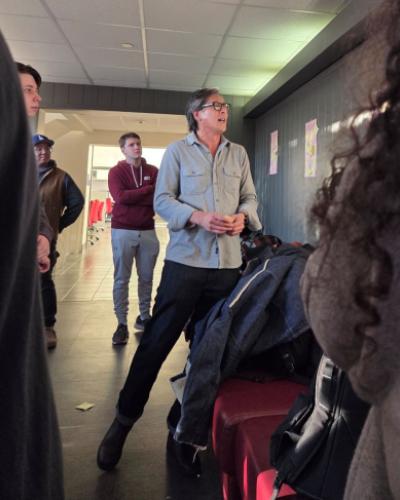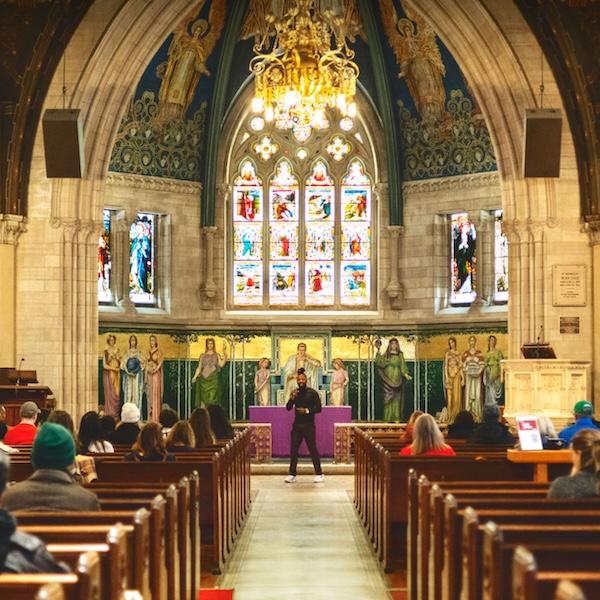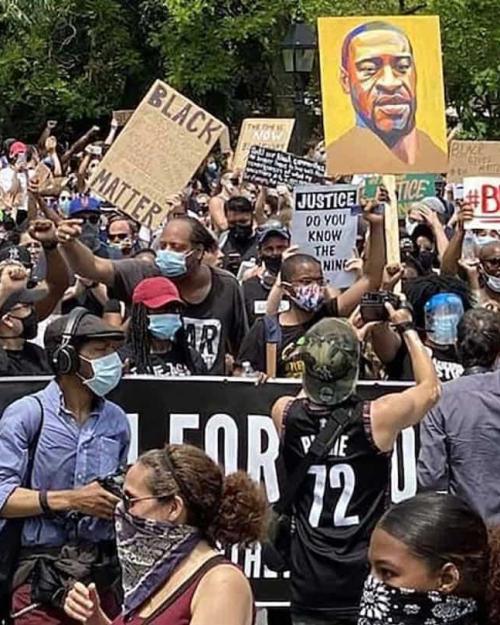The past year has been one of conversations about race, racism and racial justice. Now, according to panelists at an online forum held during Reunion 2021, comes the time to shift from conversation into action.
“Many of us in the Cornell community have united in addressing and taking a stand against racial and social injustice,” said Noliwe Rooks, the W.E.B. Du Bois Professor and director of the American Studies Program in the College of Arts and Sciences, opening an online forum June 12. “Today, we continue that conversation as we take another step forward, as we address what we do now, what we do next.”
During “How Can WE achieve Racial Justice,” part of Cornell’s virtual Reunion 2021, Rooks and three other Cornell faculty members discussed ways to steer conversation toward meaningful action, including: listening to scholarly experts; implementing new initiatives; and engaging students and faculty in organizations beyond the university.
Sponsored by A&S, Cornell Law School, Cornell Mosaic and Diversity Alumni Programs, the Reunion forum continued and expanded upon a yearlong, A&S-hosted “Racism in America” webinar series, which addressed major topics in systemic racial injustice: the economy, health, housing and education, policing and protest movements. Attendance for the five events was more than 17,500.
Joining Rooks on the panel were Avery August, vice provost for academic affairs and professor of immunology in the College of Veterinary Medicine; Derek Chang, associate professor of history (A&S); and Zohra Ahmed, assistant professor of law at the University of Georgia, (who was until May a clinical teaching fellow at Cornell Law School in the Cornell Center for Death Penalty Worldwide.)
To turn the conversations into action, Chang, a historian of race and ethnicity, emphasized the importance of listening to academic experts.
“Scholars of race and racism tell us that racism is more than microaggressions … more than individual actions and thoughts,” Chang said. “Racism, these scholars tell us, is constituted by political and legal structures, hierarchical institutional arrangements, unequal allocation of resources, intentional policies, the production and reproduction of racial and racialized knowledge and of course historical legacies.”
Meaningful action at the university or in communities beyond must address root causes of inequality, he said: “It should address what scholars of race and racism have identified as structural inequality and the legacies of historical injustice.”
As an example of how Cornell is working to achieve racial justice, Ahmed described her work with the Cornell Law School Human Rights Clinic, which represents people facing the death penalty and life sentences.
“Today, the criminal justice system is the central site in the United States that produces and entrenches racial oppression,” Ahmed said. “The clinic is a training ground for students to become anti-racist advocates through the lens of the criminal punishment system.”
Cornell students, August said, were behind a 2020 drive for new initiatives at Cornell. As a result, President Martha E. Pollack charged the faculty senate in 2020 to consider initiatives including: a for-credit course on Cornell’s racial history for undergraduate, graduate, and professional students; a center for anti-racism; and re-consideration of the curriculum through a lens of racial justice.
“What we do here at Cornell is produce leaders who will go out into the world and lead,” said August, who also chairs the Presidential Advisors on Diversity and Equity. “If we want that future to be better, we have to be preparing those students for a better future.”
Chang said there’s a range of actions Cornell alumni in particular can take toward racial justice in America, from engaging in bystander training offered by social justice organizations to expressing support for the proposed anti-racism initiatives.
“Everyone has a place in the ecosystem, different skills,” Ahmed said. “If you’re an extrovert or an introvert; if you’re a planner or an artist – everyone has a role to play, and it’s not just the person who can give the great stump speech at the rally.”
Rooks said she is grateful to Cornell “for not shying away from the conversations.”
“Cornell has in this moment embraced a campuswide conversation about what it is our curriculum should do, what the institution should do, what the students want and how faculty can respond,” Rooks said. “It is to our detriment that we do not notice what is happening.”





